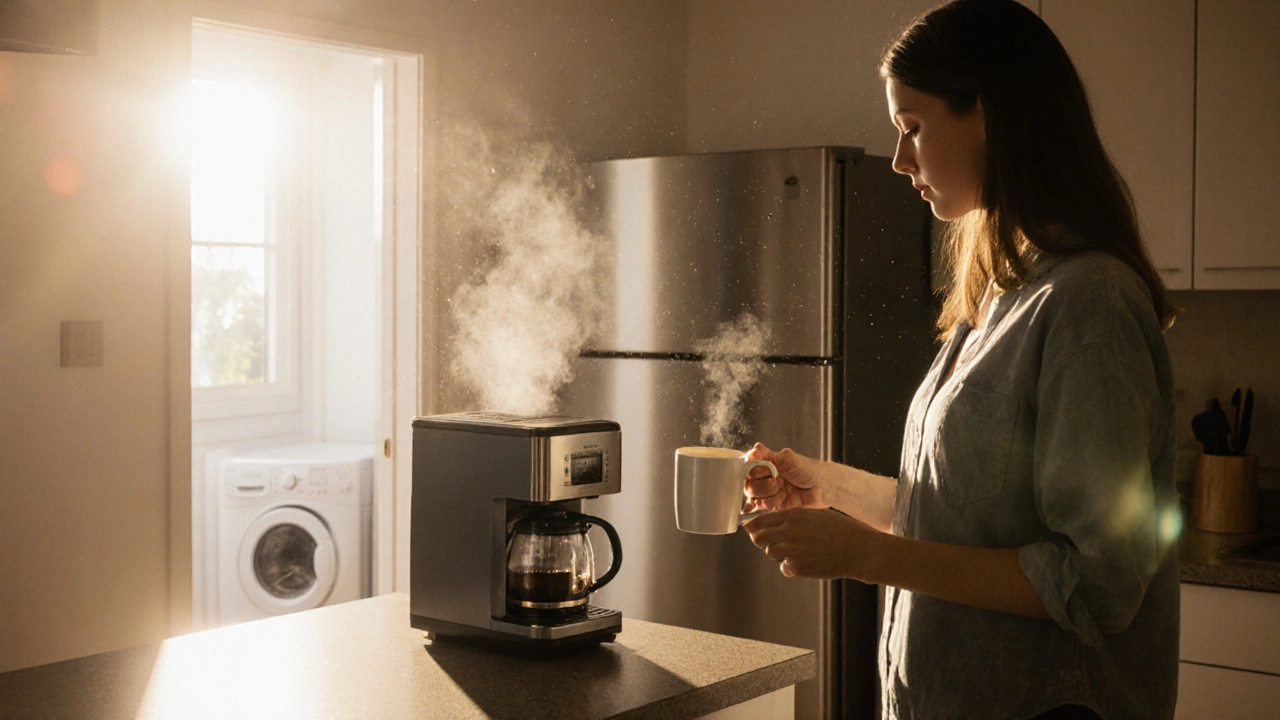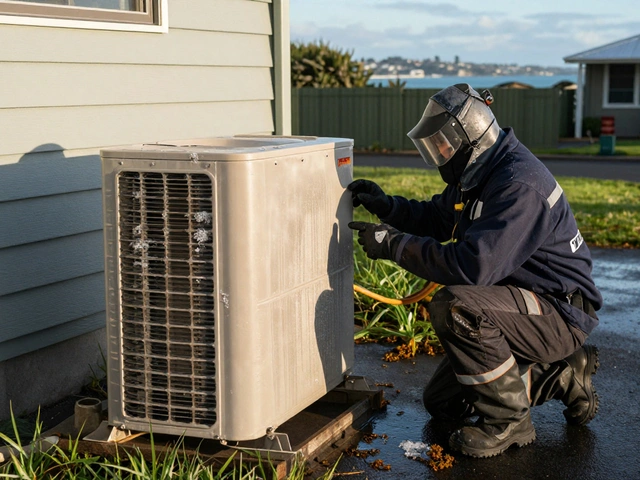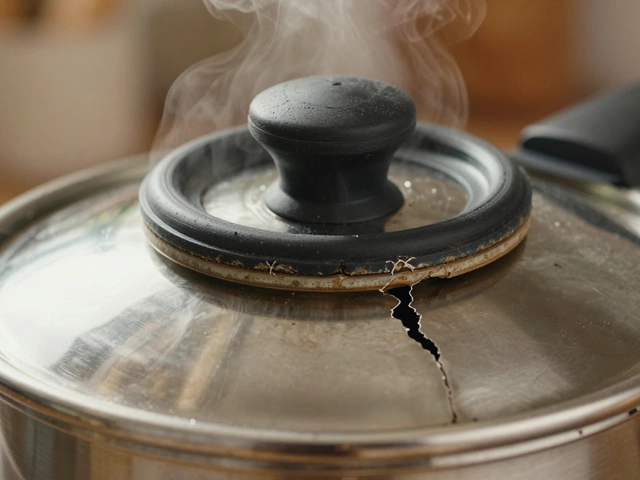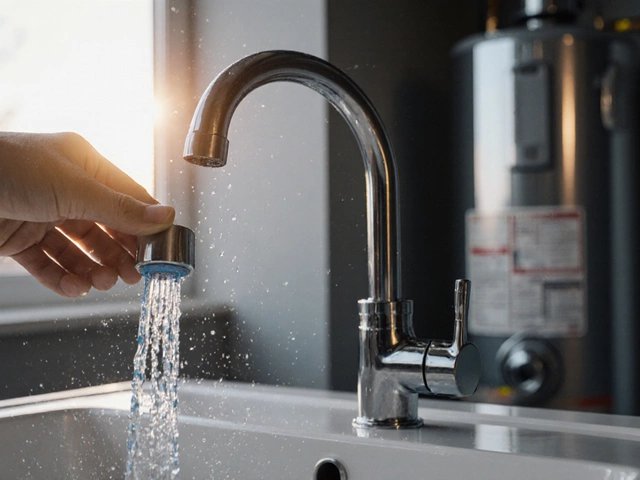Appliance Service Frequency Checker
Pro Tip:
Regular maintenance can prevent up to 50% of repair costs and extend appliance life significantly. Schedule annual services to avoid unexpected breakdowns.
Every morning, the coffee machine brews, the fridge hums, and the washing machine spins. They’re the quiet workhorses that keep the house running, yet most of us treat them like magic boxes that work forever unless they break. The real question is: appliance service really necessary, or can we just wait for a breakdown?
Why regular service matters
Think of an Appliance as a small engine that gets heat, electricity, and water pumped through it every day. Over time, dust settles on fans, moisture builds up in seals, and electronic components age. That natural wear increases the Failure Rate and shortens the Appliance Lifespan. Regular Service (or Maintenance) catches these issues before they snowball into costly repairs.
Manufacturers embed Warranty clauses that often become void if the user neglects scheduled Preventive Service. In other words, skipping a yearly check on your dishwasher could mean the manufacturer won’t cover a pump failure that could have been prevented with a simple cleaning.
How often should you service different appliances?
Not all appliances need the same attention. Below is a quick reference based on industry guidelines and thousands of service records from Auckland’s top repair shops.
| Appliance | Typical Service Interval | Key Tasks During Service |
|---|---|---|
| Refrigerator / Freezer | Every 12‑18 months | Clean condenser coils, check door seals, defrost evaporator |
| Washing Machine | Every 12 months | Inspect hoses, clean detergent drawer, test drum balance |
| Dishwasher | Every 12 months | Clear spray arms, clean filter, check heating element |
| Oven / Hob | Every 18‑24 months | Calibrate temperature sensors, clean burners, check igniters |
| Microwave | Every 24 months | Inspect waveguide, test door latch, clean interior cavity |
| Heat Pump / Air‑Conditioner | Every 12 months (pre‑season) | Clean filters, check refrigerant pressure, test thermostat |
| Water Heater | Every 12‑18 months | Flush sediment, test pressure valve, inspect anode rod |
Professional service vs. DIY maintenance
Many homeowners love a good DIY project, and there’s nothing wrong with basic cleaning tasks like vacuuming a fridge’s coils. However, once you step into the realm of electrical diagnostics, refrigerant handling, or internal motor inspection, a Professional Technician becomes essential.
Why?
- Safety. Faulty wiring or a compromised gas line can pose fire or health hazards.
- Tools & expertise. Professionals have calibrated multimeters, ultrasonic leak detectors, and the training to interpret error codes.
- Warranty protection. Most Manufacturers require a certified Professional Technician to perform any service that could affect warranty coverage.
That said, a hybrid approach works well. Do the simple DIY Maintenance tasks monthly, then schedule a full Preventive Service annually.
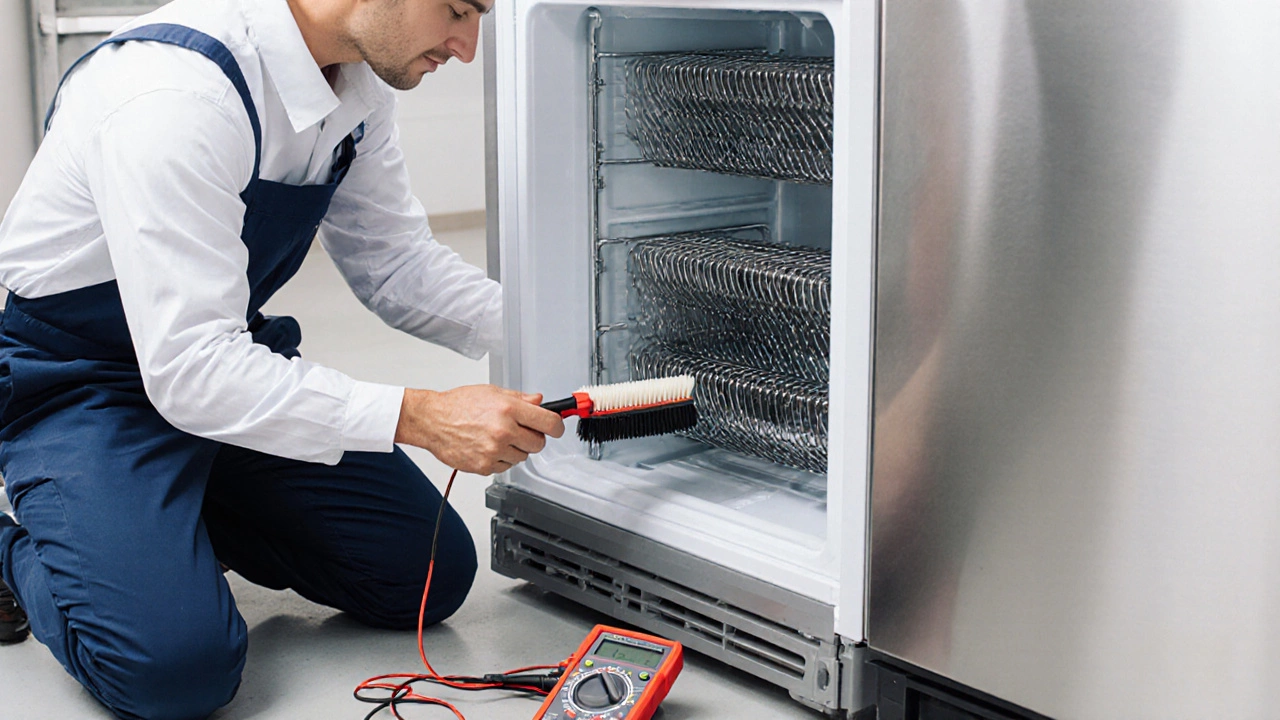
Signs your appliance needs a check right now
Even with a perfect service schedule, appliances can develop problems out of the blue. Keep an eye out for these red flags:
- Unusual noises - rattling, buzzing, or grinding can indicate loose components.
- Excessive energy use - a sudden jump in your electricity bill often points to a failing compressor or motor.
- Inconsistent performance - a dishwasher that leaves dishes wet or a dryer that doesn’t heat properly.
- Leaking water - common in washing machines, dishwashers, and water heaters.
- Error codes on the display - most modern appliances flash codes that a technician can decode.
When any of these appear, call a professional before the issue worsens.
Cost vs. risk: Calculating the ROI of service
It’s easy to think a $100 service fee is wasteful until you compare it with the cost of a major repair or replacement. Here’s a quick ROI calculator you can run in your head:
- Average repair cost for a fridge compressor failure: NZ$1,200.
- Average lifespan extension from regular service: 2‑3 years.
- Annual service fee (average across appliances): NZ$80.
In most cases, spending $80 per year buys you a safety net that prevents a six‑figure surprise. Even if an appliance lasts its original warranty period without service, the chance of a sudden breakdown after that point spikes dramatically - think 30‑40% higher failure probability.
Quick home‑owner checklist
- Mark calendar reminders for each appliance’s service due date.
- Perform monthly visual checks: look for dust, corrosion, and loose plugs.
- Keep the service receipt and note any parts replaced - it helps future technicians.
- Ask the technician to explain what was done and why; this builds your own maintenance knowledge.
- Review your Warranty terms annually to ensure you’re still covered.
Frequently Asked Questions
How often should I service my fridge?
Aim for a professional check every 12‑18 months. Clean the condenser coils, test the thermostat, and verify door seal integrity. This routine prevents energy waste and reduces the risk of compressor failure.
Can I void my warranty by doing my own service?
Most manufacturers require a certified technician for any service that could affect warranty coverage. Simple cleaning won’t void it, but replacing internal parts yourself usually does. Always check the warranty fine print.
What’s the biggest benefit of preventive maintenance?
Preventive maintenance catches small problems early, which can save up to 50% on repair costs and extend the appliance’s useful life by several years.
Is it cheaper to service an appliance than to replace it?
Generally, yes. A typical full service costs between NZ$70‑NZ$150, while replacing the same appliance can run NZ$800‑NZ$2,500 depending on the model and brand.
Do all appliances need the same service checklist?
No. Each type has unique components - for example, a dryer’s lint filter is a fire hazard, while a washing machine’s hoses can burst. Tailor the checklist to the specific appliance’s recommended tasks.
